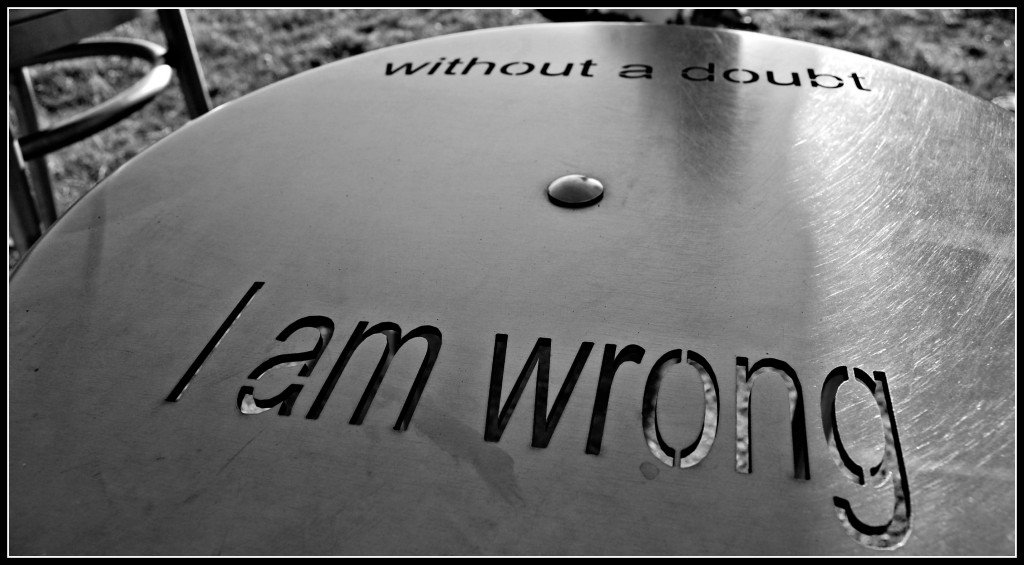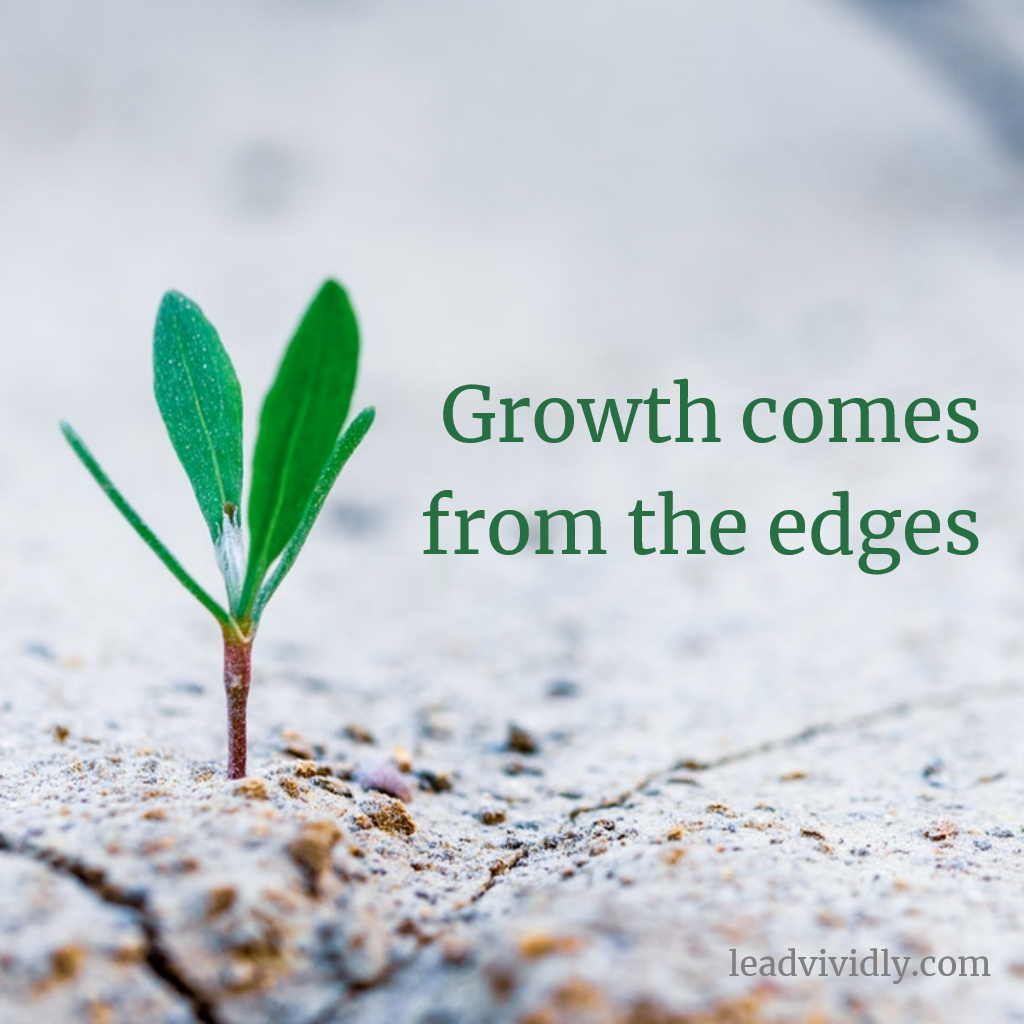 I was attending a conference recently where the keynote speaker was talking about fixed and growth mindsets. He asked everyone who had a fixed mindset to raise their hand and naturally I did.
I was attending a conference recently where the keynote speaker was talking about fixed and growth mindsets. He asked everyone who had a fixed mindset to raise their hand and naturally I did.
I was the only one!
Which is crazy because we all have a fixed mindset. In fact the majority of our beliefs and attention are focused on supporting our current world view.
Don’t believe me? Consider these topics… Climate change; immunisation; diversity; feminism; evolution; the government; raising kids; your boss; or even what AI will do to your job. I guarantee you, like me, that you have a fixed mindset in most of these areas. Which is OK, because we can’t be growing in every area, at all times.
So how do we transition from fixed to growth in an area of strong belief?
Learn at the edges.
Take an area where your mindset is fixed and learn or read or consider the complete opposite edge of your current view. Or if your belief is middle of the road, read at the extreme edges of both points of view. As you approach the edges with openness, your views and beliefs will shift. Often not to the edge, but almost certainly from where it was.
Growth doesn’t come from focusing our attention narrowly.
Growth comes at the edges.
∴
I wonder if the fact that I was the only person to raise my hand about having a fixed mindset, means that I was the only one who actually had a true growth mindset.
Because knowing where our mindset is fixed, is the foundation of true growth.
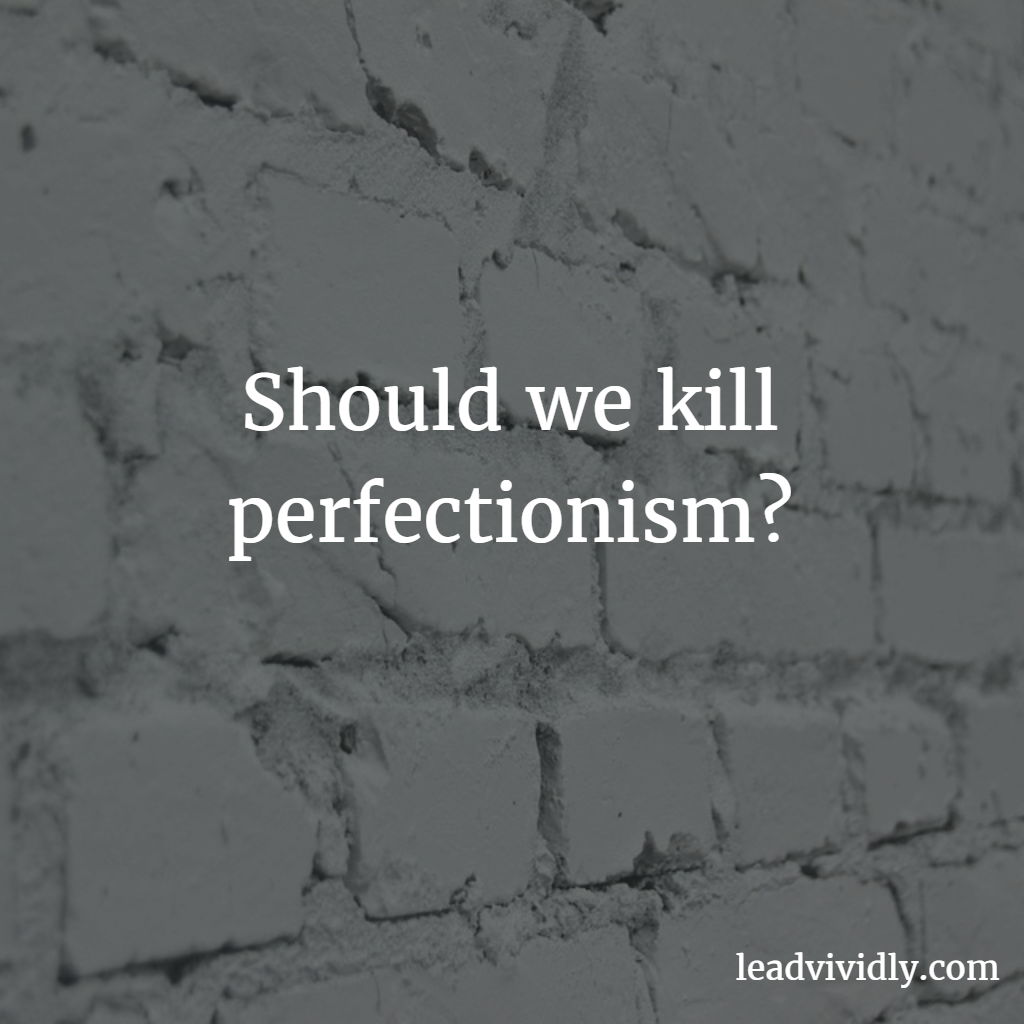 We no longer live in a world where everyone feels the need to always strive for perfection.
We no longer live in a world where everyone feels the need to always strive for perfection.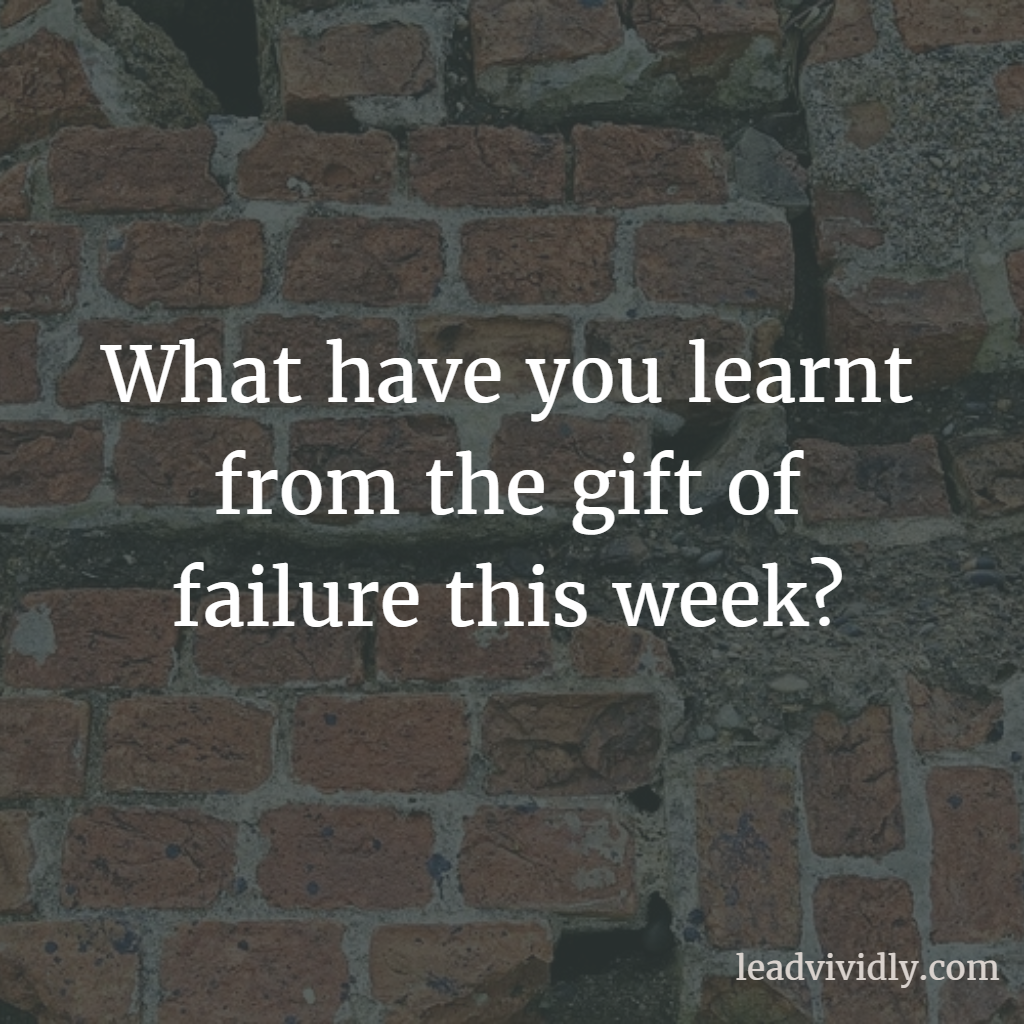
 The other week I tried riding a Segway/Hover Board for the first time. It didn’t go well; I lost balance, crashed, then gave up after one attempt fearing injury and a bruising to my ego. Not surprisingly my son with his young plastic mind got it almost straight away.
The other week I tried riding a Segway/Hover Board for the first time. It didn’t go well; I lost balance, crashed, then gave up after one attempt fearing injury and a bruising to my ego. Not surprisingly my son with his young plastic mind got it almost straight away. “Yes I’ve put that in my ‘stuff up’ folder” was the reply as we discussed a small error that one of my team had just made. Now the error the person had made was on a task they had never done before, (ever!) and hadn’t been trained for, but they labelled it a stuff up.
“Yes I’ve put that in my ‘stuff up’ folder” was the reply as we discussed a small error that one of my team had just made. Now the error the person had made was on a task they had never done before, (ever!) and hadn’t been trained for, but they labelled it a stuff up.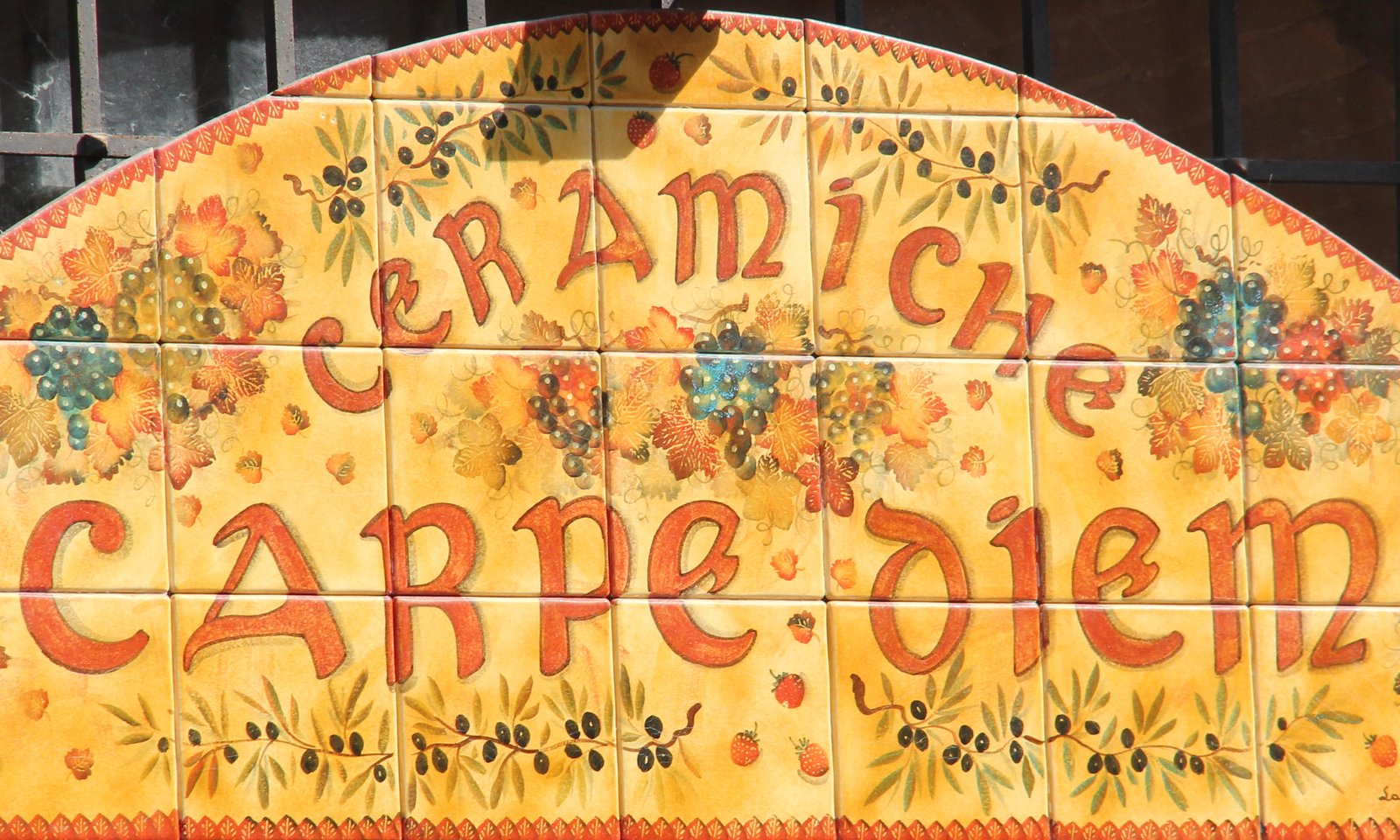 Over the Christmas holidays I spent a little time doing a course at
Over the Christmas holidays I spent a little time doing a course at 